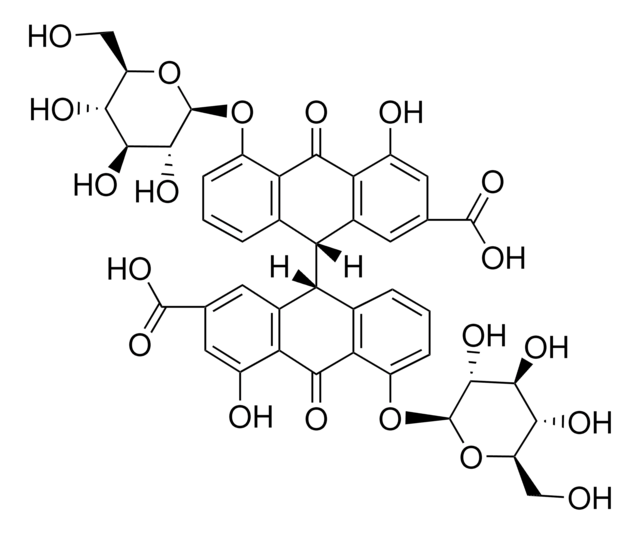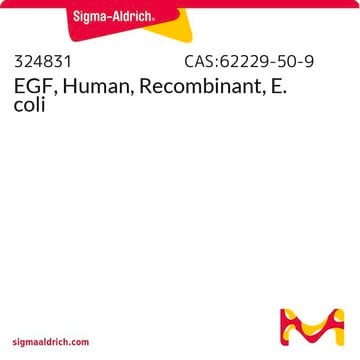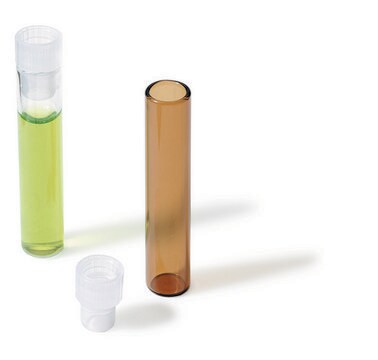10385
Angiotensin III trifluoroacetate salt hydrate
≥98% (HPCE)
Synonym(s):
Des-Asp-1-Angiotensin II trifluoroacetate salt hydrate
About This Item
Recommended Products
Quality Level
Assay
≥98% (HPCE)
solubility
H2O: 1.0 mg/mL, clear, colorless
storage temp.
−20°C
SMILES string
O.OC(=O)C(F)(F)F.CC[C@H](C)[C@H](NC(=O)[C@H](Cc1ccc(O)cc1)NC(=O)[C@@H](NC(=O)[C@@H](N)CCCNC(N)=N)C(C)C)C(=O)N[C@@H](Cc2c[nH]cn2)C(=O)N3CCC[C@H]3C(=O)N[C@@H](Cc4ccccc4)C(O)=O
InChI
1S/C46H66N12O9.C2HF3O2.H2O/c1-5-27(4)38(57-40(61)33(21-29-15-17-31(59)18-16-29)53-42(63)37(26(2)3)56-39(60)32(47)13-9-19-51-46(48)49)43(64)54-34(23-30-24-50-25-52-30)44(65)58-20-10-14-36(58)41(62)55-35(45(66)67)22-28-11-7-6-8-12-28;3-2(4,5)1(6)7;/h6-8,11-12,15-18,24-27,32-38,59H,5,9-10,13-14,19-23,47H2,1-4H3,(H,50,52)(H,53,63)(H,54,64)(H,55,62)(H,56,60)(H,57,61)(H,66,67)(H4,48,49,51);(H,6,7);1H2/t27-,32-,33-,34-,35-,36-,37-,38-;;/m0../s1
InChI key
JEOAJMGVSAMVML-UFPGTABSSA-N
Amino Acid Sequence
General description
Biochem/physiol Actions
Features and Benefits
Antibody Adsorbant
Storage Class Code
11 - Combustible Solids
WGK
WGK 3
Flash Point(F)
Not applicable
Flash Point(C)
Not applicable
Personal Protective Equipment
Certificates of Analysis (COA)
Search for Certificates of Analysis (COA) by entering the products Lot/Batch Number. Lot and Batch Numbers can be found on a product’s label following the words ‘Lot’ or ‘Batch’.
Already Own This Product?
Find documentation for the products that you have recently purchased in the Document Library.
Customers Also Viewed
Our team of scientists has experience in all areas of research including Life Science, Material Science, Chemical Synthesis, Chromatography, Analytical and many others.
Contact Technical Service
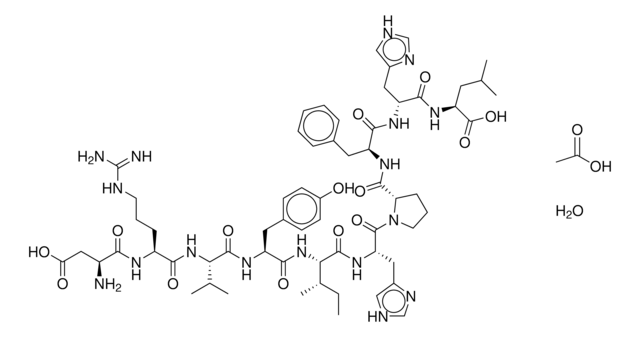

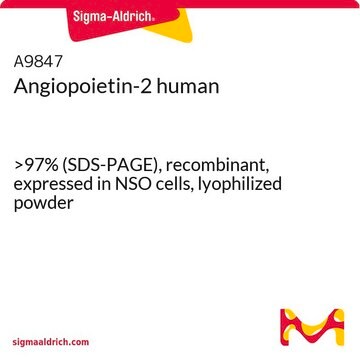
![[Ile7]-Angiotensin III acetate salt hydrate ≥95% (HPLC)](/deepweb/assets/sigmaaldrich/product/structures/178/636/8f34b268-6027-405e-8e2b-d391e5de3da0/640/8f34b268-6027-405e-8e2b-d391e5de3da0.png)
